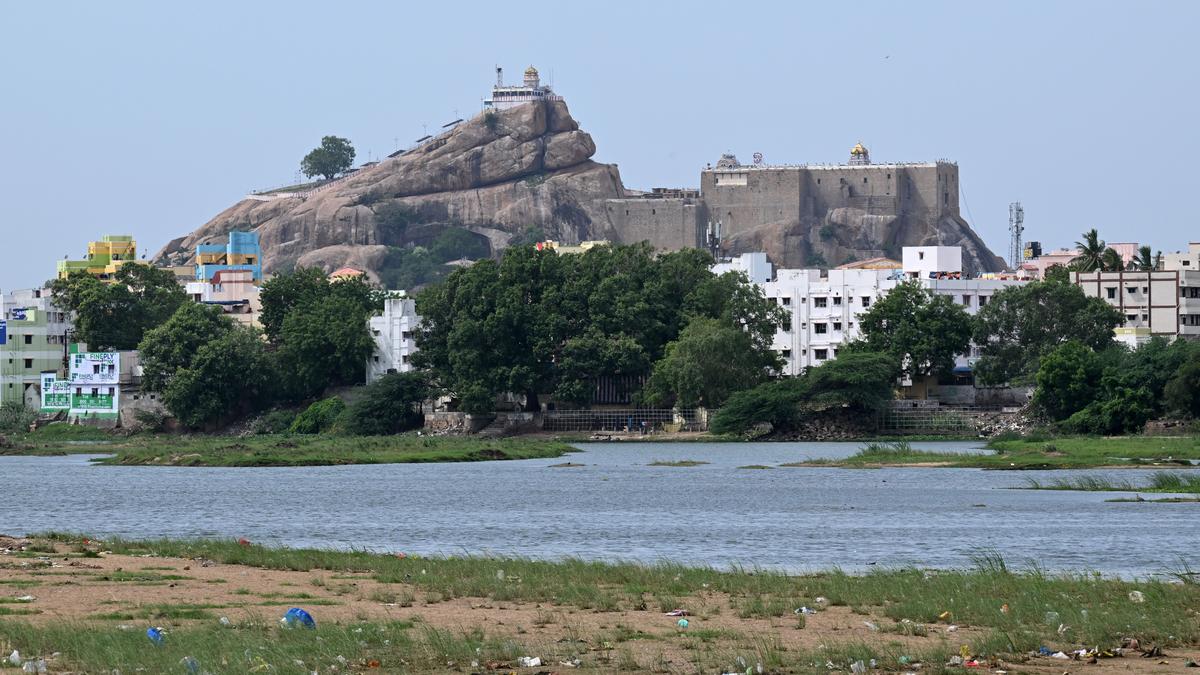ARTICLE AD BOX
India’s emphasis on the rule of law and its advocacy for freedom of navigation and overflight in the Indo-Pacific are not directed against any country but are meant to safeguard the collective interests of all regional stakeholders, Defence Minister Rajnath Singh said Saturday.
Addressing the forum on ‘Reflection on 15 Years of ADMM-Plus and Charting a Way Forward’ in Kuala Lumpur, he asserted that India’s strategic engagement with ASEAN is not transactional but long-term and principle-driven, resting on a shared belief that the Indo-Pacific should remain open, inclusive, and free from coercion.
Singh’s comments came during his address at the conclave of defence ministers of ASEAN member states and their dialogue partners, amid concerns over an increased Chinese presence in the region.
He highlighted that inclusivity in security means ensuring that all nations — regardless of size or capacity — have a role in shaping the regional order and deriving benefits from it.
He added that sustainability implies building security architectures that are resilient to shocks, adaptable to emerging threats, and rooted in long-term cooperation rather than short-term alignment.
“For India, these principles resonate with its own strategic outlook. India’s security vision for the Indo-Pacific integrates defence cooperation with economic development, technology sharing, and human resource advancement,” he said, adding that the interlinkages between security, growth, and sustainability define India’s approach to partnership with ASEAN.
Describing ADMM-Plus as an essential component of India’s Act East Policy and broader Indo-Pacific vision, Singh emphasised that defence cooperation with ASEAN and the Plus countries is viewed as a contribution to regional peace, stability, and capacity-building.
Story continues below this ad
“As the ADMM-Plus enters its 16th year, India stands ready to deepen cooperation in all areas of mutual interest to promote dialogue over discord and to strengthen regional mechanisms that ensure peace and stability,” he said.
He said the experience of the past fifteen years offers clear lessons: inclusive cooperation works, regional ownership builds legitimacy, and collective security strengthens individual sovereignty.
He added that India’s engagement with ASEAN predates the ADMM-Plus, but the mechanism has provided a structured defence platform that complements the diplomatic and economic aspects of its outreach.
The elevation of the ASEAN–India partnership to a Comprehensive Strategic Partnership in 2022, he said, reflected not only the maturity of political ties but also a growing alignment of regional priorities.
Story continues below this ad
He said India has been an active and constructive participant since the inception of the ADMM-Plus.
“We’ve had the privilege of co-chairing three Expert Working Groups — on Humanitarian Mine Action with Vietnam from 2014 to 2017, on Military Medicine with Myanmar from 2017 to 2020, on Humanitarian Assistance and Disaster Relief with Indonesia from 2020 to 2024 — and currently, on Counter-Terrorism with Malaysia for the 2024–2027 cycle.”
He said that over the years, India has taken an active part in several Experts’ Working Groups, hosting and participating in field exercises, and contributing to the creation of shared operational standards.
“The ADMM-Plus has also helped align India’s initiatives with ASEAN’s strategic outlook, ensuring that India’s engagements reinforce, rather than compete with, ASEAN mechanisms,” he stated.








 English (US) ·
English (US) ·